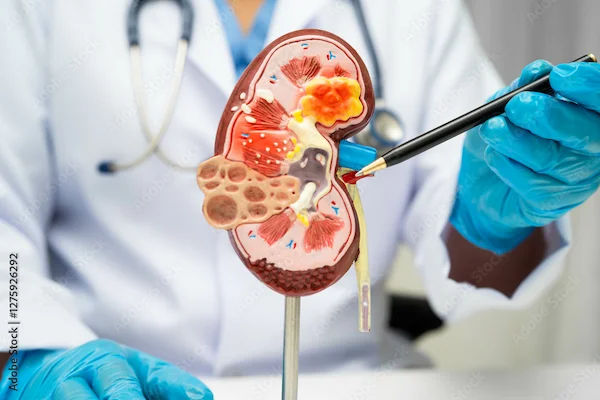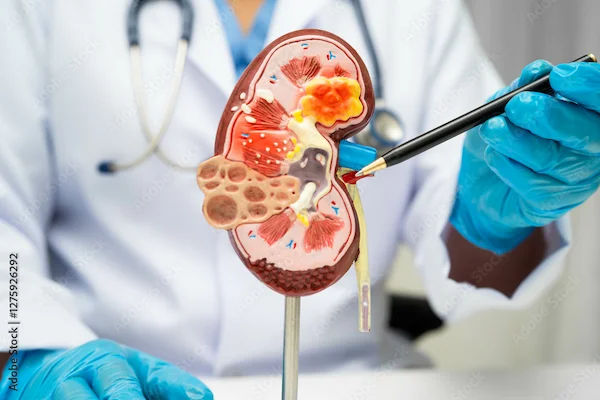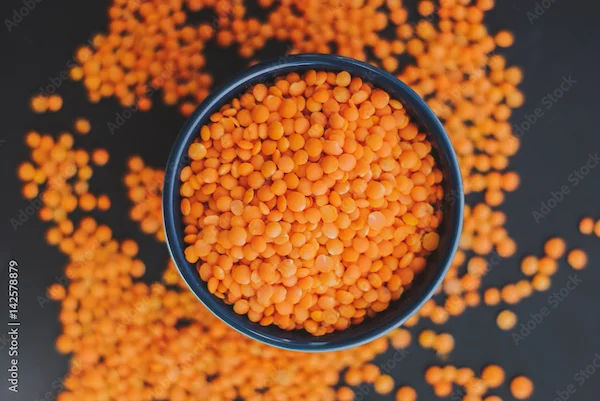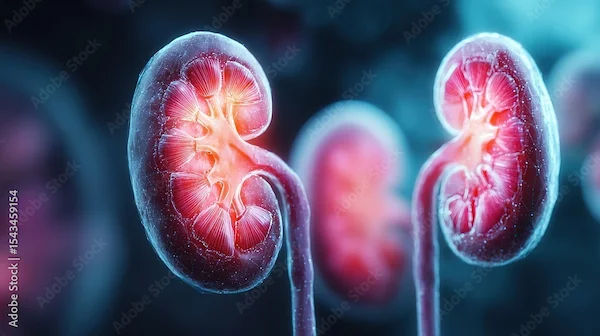Fluid Balance After Kidney Transplant
Understand the importance of maintaining fluid balance after a kidney transplant. Learn how proper hydration and monitoring support graft health, prevent complications, and enhance recovery.

Written by
Last updated on 14th Jul, 2025
_1.webp)
Introduction
Undergoing a kidney transplant is a life-changing event, and maintaining good health afterward requires careful attention to various aspects, including fluid balance. Proper fluid balance is essential for your new kidney to function well and keep you feeling your best. In this article, we’ll explain why fluid balance matters, how to maintain it, and what signs to watch for to stay healthy.
Why Is Fluid Balance Important After a Kidney Transplant?
After a kidney transplant, your body is adjusting to a new organ that helps filter waste and excess fluids. Unlike dialysis, where fluid intake is strictly controlled, a transplanted kidney works continuously, meaning you need to maintain a balanced fluid intake, not too much, not too little.
Too much fluid can lead to swelling, high blood pressure, and strain on your new kidney.
Too little fluid can cause dehydration, dizziness, and even harm kidney function.
Finding the right balance helps your kidney work efficiently and prevents complications.
How Much Fluid Should You Drink?
Your doctor will give you personalised recommendations based on your health, weight, and kidney function. However, general guidelines include:
2 to 3 litres (8–12 cups) per day for most patients.
Adjust based on urine output. If you urinate more, you may need more fluids.
Monitor weight changes like sudden weight gain may mean fluid retention.
Consult Top Specialists for Personalised Tips
What Counts as Fluid?
Fluids include:
Water
Herbal teas
Soups
Juices (in moderation)
Avoid excessive caffeine and sugary drinks, as they can affect hydration.
Signs of Fluid Imbalance to Watch For
Signs to watch out for fluid imbalance are:
1. Too Much Fluid (Fluid Overload)
Swelling in legs, hands, or face
Shortness of breath
Sudden weight gain (more than 2 kg in a day)
High blood pressure
2. Too Little Fluid (Dehydration)
Dry mouth or excessive thirst
Dark yellow urine
Dizziness or fatigue
Low blood pressure
If you notice these symptoms, contact your doctor immediately.
Tips for Maintaining Healthy Fluid Balance
Tips for maintaining a healthy fluid balance are:
1. Measure Your Intake
Use a marked water bottle to track daily intake.
Keep a fluid diary if needed.
2. Monitor Your Weight
Weigh yourself daily at the same time (morning is best).
Report sudden weight changes to your doctor.
3. Limit Salt Intake
Excess salt causes fluid retention.
Avoid processed foods, pickles, and salty snacks.
4. Follow Your Doctor’s Advice
Some medications (like diuretics) affect fluid balance.
Stick to prescribed fluid limits if you have heart issues.
5. Stay Active
Light exercise helps circulation and prevents swelling.
Avoid long periods of sitting or standing.
When to Seek Medical Help?
Contact your transplant team if you experience:
Severe swelling or breathing difficulty
Sudden weight changes
Very low or no urine output
Extreme fatigue or confusion
Conclusion
Maintaining the right fluid balance is crucial for your new kidney’s health. By drinking the right amount, monitoring your body’s signals, and following medical advice, you can support your recovery and long-term well-being. If you have concerns about fluid balance or other post-transplant issues, consult your doctor or schedule a check-up through Apollo 24|7 for expert guidance.
Consult Top Nephrologist
Consult Top Specialists for Personalised Tips

Dr. Hareesha Babu K
Nephrologist
25 Years • MBBS, MD (General Medicine), DM (Nephrology),FASN, FRCP(Glasg), FRCP (Edin)
Bangalore
Kidney & Hypertension Care, Bangalore

Dr. Kity Sarkar
Nephrologist
15 Years • MBBS,MD(Genl. Med.), DrNB(NEPHROLOGY)
Kolkata
Dr. Kity Sarkar's Clinic, Kolkata

Dr. S Bipin Kumar
Nephrologist
13 Years • MBBS, MD General Medicine, DM, Nephrology
Rajamahendravaram
SG KIDNEY CARE, Rajamahendravaram

Dr. Luvdeep Dogra
Nephrologist
10 Years • MBBS, MD, DM (NEPHORLOGY)
Jaipur
Dr Dogras Health Clinic, Jaipur
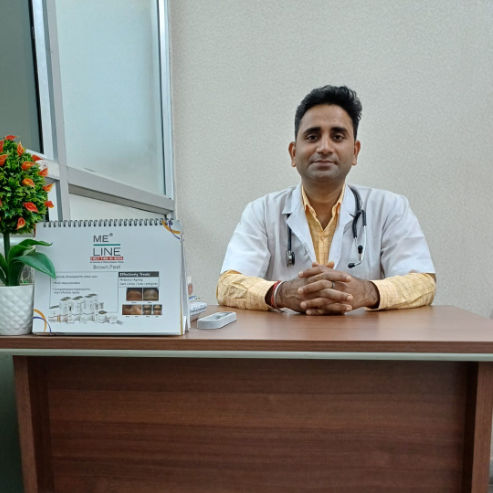
Dr. Govardhan Gupta
Nephrologist
15 Years • MBBS, DNB General Medicine, DrNB Nephrology
Mumbai
Oscar Superspeciality Hospital, Mumbai
Consult Top Nephrologist

Dr. Hareesha Babu K
Nephrologist
25 Years • MBBS, MD (General Medicine), DM (Nephrology),FASN, FRCP(Glasg), FRCP (Edin)
Bangalore
Kidney & Hypertension Care, Bangalore

Dr. Kity Sarkar
Nephrologist
15 Years • MBBS,MD(Genl. Med.), DrNB(NEPHROLOGY)
Kolkata
Dr. Kity Sarkar's Clinic, Kolkata

Dr. S Bipin Kumar
Nephrologist
13 Years • MBBS, MD General Medicine, DM, Nephrology
Rajamahendravaram
SG KIDNEY CARE, Rajamahendravaram

Dr. Luvdeep Dogra
Nephrologist
10 Years • MBBS, MD, DM (NEPHORLOGY)
Jaipur
Dr Dogras Health Clinic, Jaipur

Dr. Govardhan Gupta
Nephrologist
15 Years • MBBS, DNB General Medicine, DrNB Nephrology
Mumbai
Oscar Superspeciality Hospital, Mumbai

